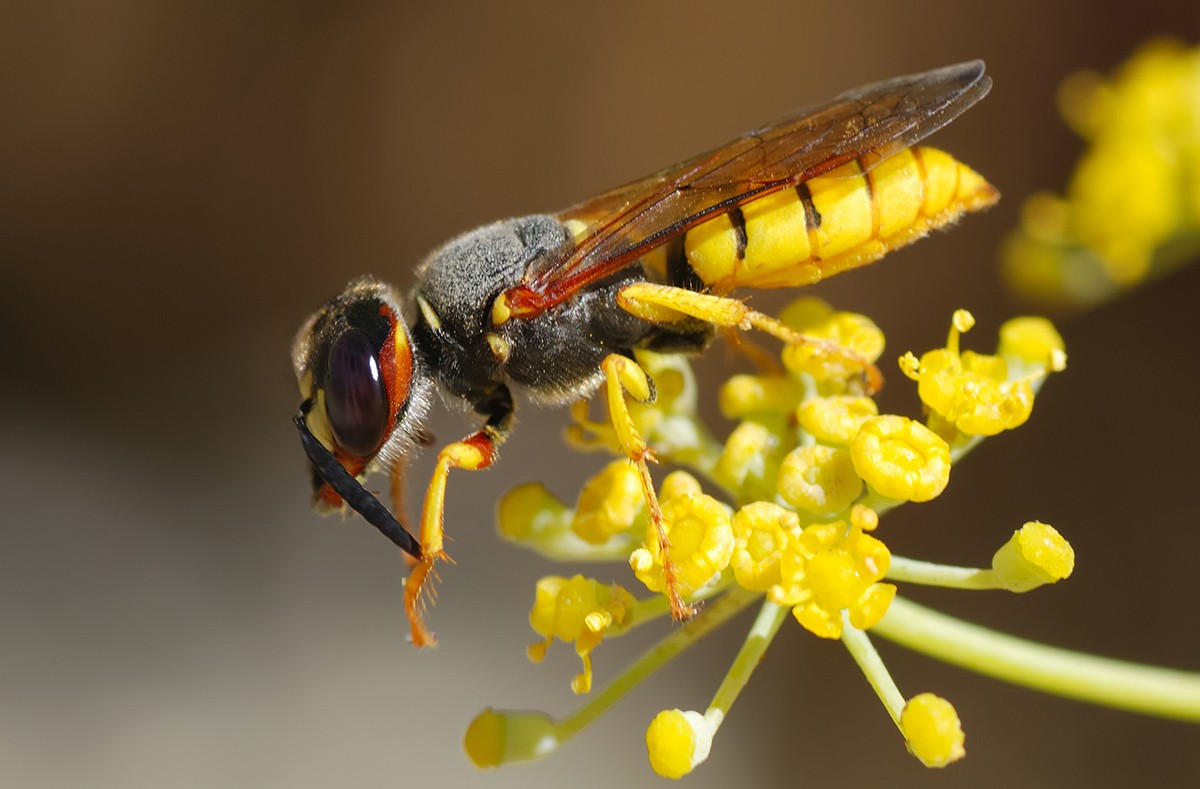
It’s wasp season; here’s what you need to know
It’s the heart of wasp season, meaning those pesky insects are likely buzzing around your backyard. Wasps are a nuisance for most people trying to enjoy a beautiful late-summer evening outdoors. For some people who are allergic, wasps can pose a serious danger.
Professor Rob Currie, head of the entomology department at the University of Manitoba (the only stand-alone entomology department in Canada) provides tips for dealing with wasps buzzing in your backyard, and busts some of the common myths and misconceptions for handling these insects. Some people claim a paper bag will scare away wasps, while professor Currie’s own mother claims Bounce dryer sheets will keep the bugs at bay.
If your backyard has become home for wasps, it might be time to kill of the nest. Professor Currie also shows how to properly treat a wasp nest with various types of insecticidal spray.







Is there any truth to smoking them out? That is, using a lit torch, or something that produces smoke and putting it under the nest. As the smoke makes contact with the nest, you knock the nest off the structure (with some type of stick) into a garbage bag and seal it.
Hi David, professor Currie says, “Smoke is commonly used as a way of calming honey bees. Smoke applied to a wasp nest may cause some of the occupants to leave but will not likely reduce their stinging response to the extent that it does in honey bees. If the nest is not destroyed the wasps that do leave will return to it. Using a lit torch is not advised as the nest is made of paper and if exposed to flames could result in fire spreading to the trees or buildings to which the nest is attached.”
Hello- how long can wasps sense you killed 1 of their own?
Thanks
If I don’t want to kill them but merely don’t want to be stung, what would you suggest?
Hi Christina professor Currie writes, “Sting pheromones (chemical scents) that are produced by be1es and wasps to mark intruders that attack their nests are usually very volatile and dissipate within 10-15 minutes. However, some yellow jacket wasp pheromones are much more persistent and items that have been documented to elicit further attacks for 15 hours after the initial stinging event. Anecdotal reports by researchers suggest items of clothing that have been repeatedly stung may continue to elicit stings for days after an attack.”
Hi Liz, professor Currie responds by saying, “If the nests is not located near an entrance, or area where a passer by might create vibrations that would disturb the nest it may not be necessary to remove it. The wasps typically only get aggressive when their nest is threatened or sometimes when aggressively collecting forage later in the summer. Avoid having any food and sugary drinks in the yard that would attract wasps to where you are sitting and avoid wearing perfumes and brightly coloured (flower like) clothing.”